Business
CBN issues new guidelines for getting a bank license for new and pending applications
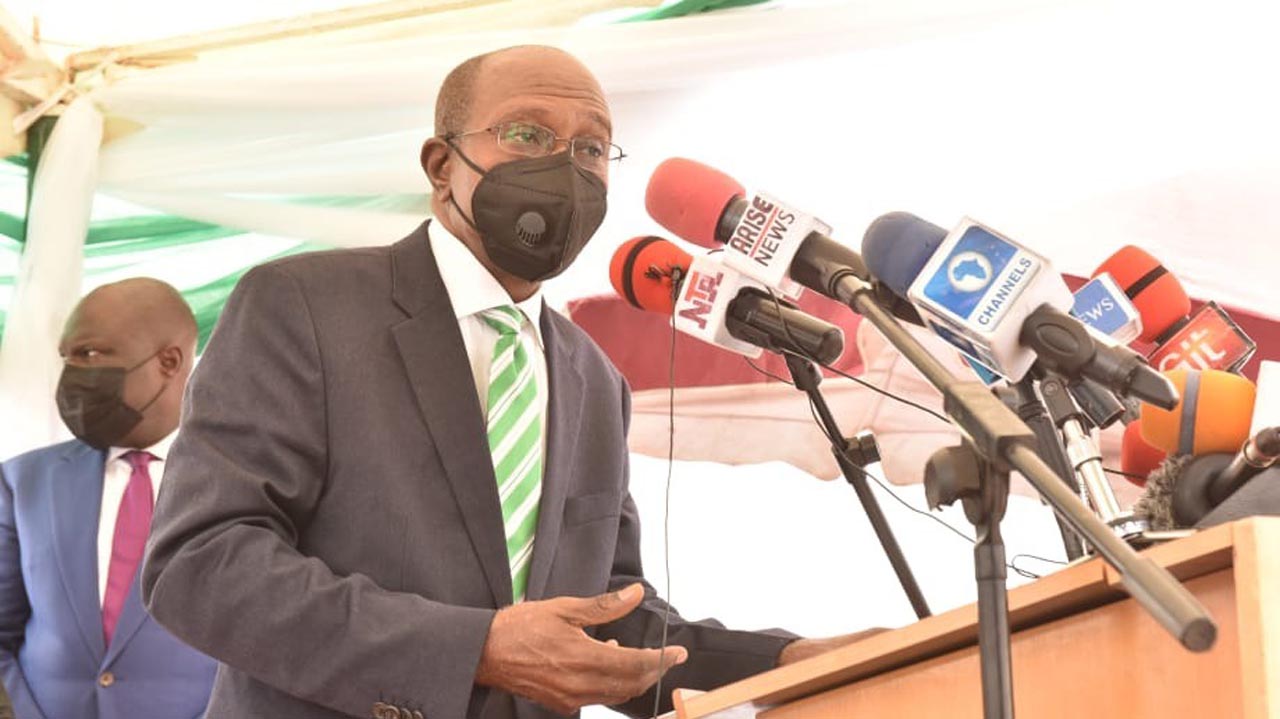
The Central Bank of Nigeria has released guidelines for licensing of banks and other financial institutions.
The apex bank said, “it is for use by individuals and entities applying for licence to operate as banks or other financial institutions.”
The guideline is under the auspices of the Anti-Money Laundering, Combating The Financing of Terrorism, and Countering Proliferation Financing of Weapons of Mass Destruction (AML/CFT/CPF).
According to the central bank, the guidelines will assist promoters of financial institutions to comply with AML/CFT/CPF requirements while applying for operational licences.
The guidelines also provide specified minimum requirements and are expected to be considered by anyone applying for licenses shall.
This is the first time that the central bank has issued tough regulations aligning its application process for banking licenses that take into consideration terror financing, weapons financing, and other insecurity.
This is likely going to make securing a banking license a lot more stringent and rigorous.
Applicants might also need to invest in demonstrating that they understand the risk of money laundering, terrorism financing, and Proliferation Financing.
More than ever, the CBN is going to be scrutinizing the shareholders of potential bank applicants, specifically targeting those who may have had criminal records or ties to crime in the past.
One major cogent observation is that applicants also need to be wary of sanctions, especially from foreign countries and Nigerians.
For example, if fund providers or backers of bank applicants are from countries that have been sanctioned, it could affect the success of their applications.
The scope of the guidelines covers both new and pending applications (including those awaiting final approval).
See below;
What the guideline is saying: While the guidelines provide for items such as objectives, scope, and applicability, requirements for license application, of interest in our assessment are grounds for rejecting applications for a banking license.
a) Failure to demonstrate understanding of the ML/TF/PF risks inherent in the business;
b) Inability to address the AML/CFT/CPF licensing requirements satisfactorily, especially during the capital verification exercise;
c) Misrepresentation of facts and false declaration;
d) Criminal record of a party to the application indicating conviction or any other offence that constitutes financial crime;
e) Opaque ownership structure;
f) Discovery that a party to the application is on the sanctions lists;
i. United Nations Security Council (“UNSC”);
ii. United States Office of Foreign Assets Control (“OFAC”);
iii. Her Majesty’s Treasury, United Kingdom (“HMT”);
iv. European Union (“EU”); v. French Ministry of Economy, Finance and Industry (MINEFI);
vi. Nigerian sanctions list; and
vii. Any other sanctions list as may be advised from time to time
g) Inability to address observed deficiencies in licencing application within specified timeline.
h) Any other condition that the CBN may specify
Business
NNPC says fuel queues would be cleared today
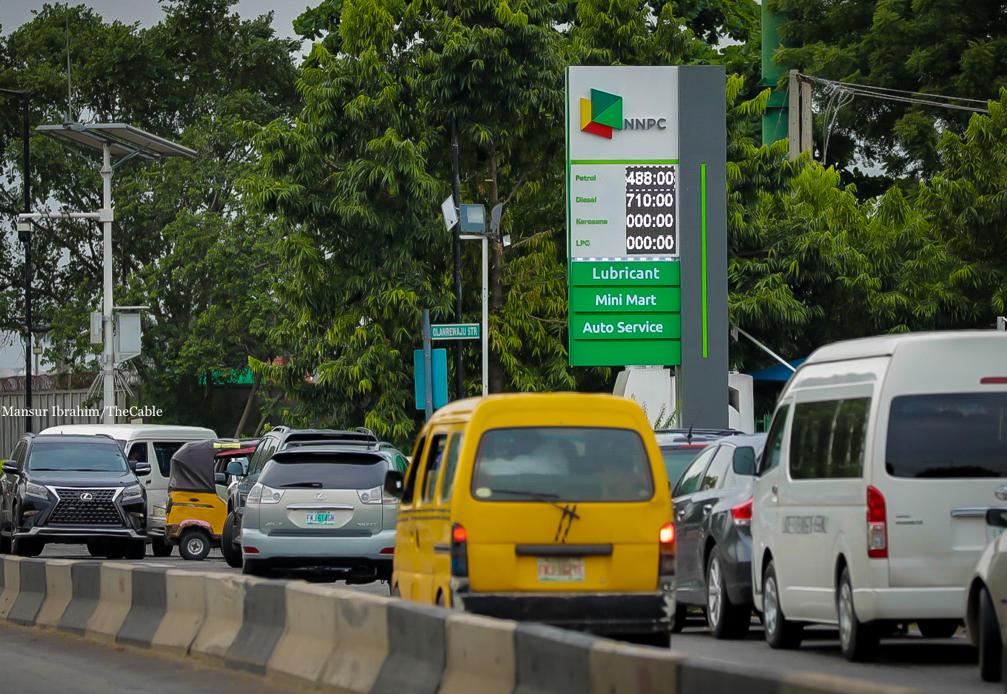
The Nigerian National Petroleum Company (NNPC) Limited has informed the public that the current fuel shortages and the accompanying queues will be resolved by Wednesday.
Olufemi Soneye, Chief Communications Officer at NNPCL, shared this information with the News Agency of Nigeria (NAN) on Tuesday in Lagos.
He stated that the company has more than 1.5 billion litres of fuel in stock, sufficient to last for at least 30 days.
“Unfortunately, we experienced a three-day disruption in distribution due to logistical issues, which has since been resolved.
“However, as you know, overcoming such disruptions typically requires double the amount of time to return to normal operations.
“Some folks are taking advantage of this situation to maximize profits.
“Thankfully, product scarcity has been minimal lately, but these folks might be exploiting the situation for unwarranted gain.
“The lines will be cleared out between today and tomorrow,” Soneye assured.
Business
FG approves 35% salary increase for civil servants
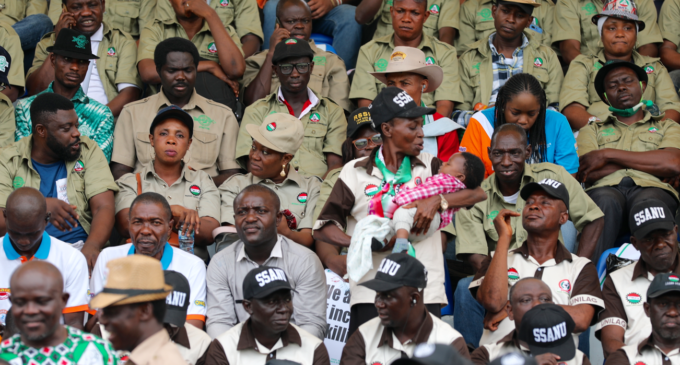
The federal government has approved an increase of between 25 percent and 35 percent salary increase for civil servants on the six consolidated salary structures.
NAN reports that the salary increase, announced on the eve of the Workers’ Day celebration, is contained in a statement issued by Emmanuel Njoku, head of press, at the national salaries, incomes and wages commission (NSIWC).
The statement said the increase takes effect from January 1, 2024.
The six consolidated salary structures are consolidated public service salary structure (CONPSS); consolidated research and allied institutions salary structure (CONRAISS); consolidated police salary structure (CONPOSS); consolidated para-military salary structure (CONPASS); consolidated intelligence community salary structure (CONICCS); and consolidated armed forces salary structure (CONAFSS).
The federal government also approved an increase in pension of between 20 percent and 28 percent for pensioners on the defined benefits scheme with respect to the six consolidated salary structures.
Health workers, academic and non-academic staff working in federal tertiary institutions are not included in this latest salary increase.
In July 2023, the federal government approved a 25 percent salary increase for health workers under the consolidated health salary structure (CONHESS) and consolidated medical salary structure (CONMESS).
In September 2023, the federal government also announced a percentage increase in salaries for academic and non-academic staff of all tertiary institutions across the country.
Business
Reps asks NERC to suspend implementation of new electricity tariff
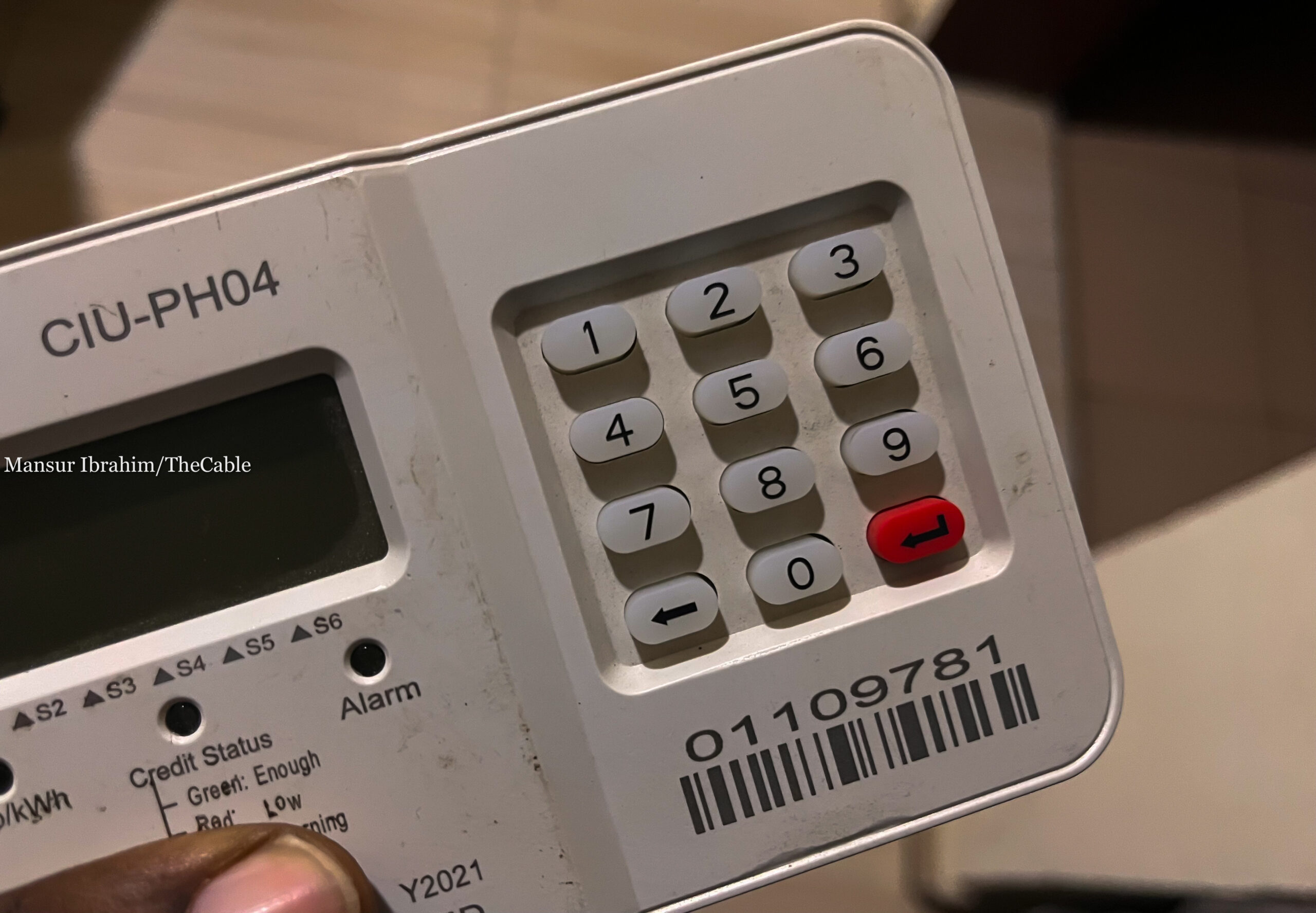
The house of representatives has asked the Nigeria Electricity Regulatory Commission (NERC) to suspend the implementation of the new tariff.
The lower legislative chamber passed the resolution during plenary session on Tuesday, following the adoption of a motion of urgent public importance.
The motion was sponsored by Nkemkanma Kama, a Labour Party (LP) lawmaker from Enonyi state.
On April 3, NERC approved an increase in electricity tariff for customers under the Band A classification.
The commission said customers under the category, who receive 20 hours of electricity supply daily, would begin to pay N225 per kilowatt (kW), starting from April 3 — up from N66.
Defending the tariff hike before the senate committee on power on Monday, Adebayo Adelabu, minister of power, said the federal government could not afford to pay subsidies on power anymore.
He said for the sector to be revived, the government needs to spend about $10 billion annually in the next 10 years.
“This is because of the infrastructure requirement for the stability of the sector, but the government cannot afford that,” the minister had said.
Adelabu said investors are now showing interest in the electricity sector because of the increased electricity tariff for Band A customers.
-
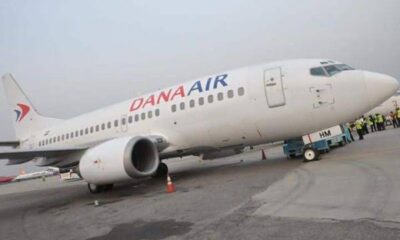
 News1 week ago
News1 week agoFAAN reopens Lagos airport runway after Dana Air incident
-

 Crime1 day ago
Crime1 day agoUK-based Nigerian doctor, Tijion Esho loses licences over sex for free Botox injections
-
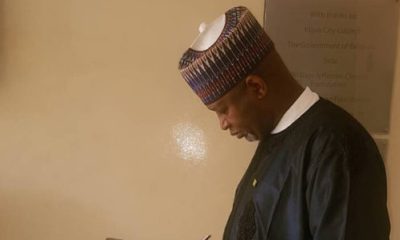
 News1 week ago
News1 week agoNigeria Air: EFCC vows to arraign Sirika over alleged contract fraud
-
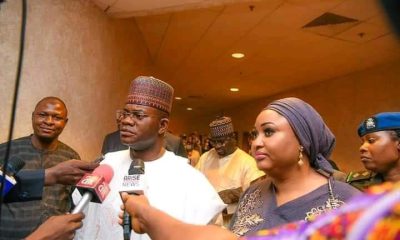
 News4 days ago
News4 days ago‘Mischievous narrative’ — Yahaya Bello’s media office reacts to ‘American school refunding $760k’ claim
-

 Education1 week ago
Education1 week agoUNN suspends, probes lecturer attempting to sexually assault female student
-

 Entertainment2 days ago
Entertainment2 days agoGunmen abduct singer Gnewzy in Delta, demand $200k ransom
-

 Entertainment4 days ago
Entertainment4 days agoFamily announces burial arrangements for junior pope
-

 World6 days ago
World6 days agoNigerian lady Clara Chizoba Kronborg certified as world record holder for longest interviewing marathon


















